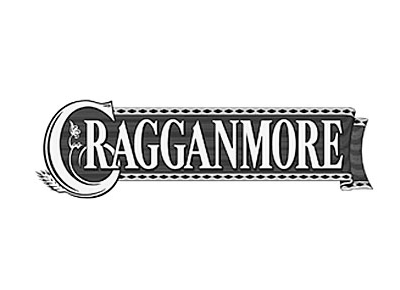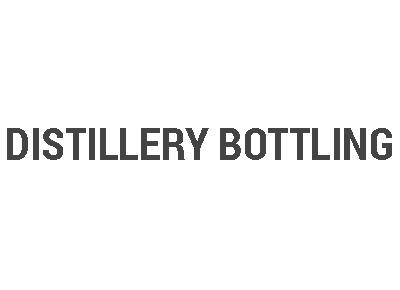Total Lots Sold:
2
View Lots
Do you have this bottle for sale?
SELL IT TODAYHAMMER PRICE OVER TIME
This graph displays data solely from Whisky-Online Auctions past sales history. Please note the filling level of the liquid and the condition of an item can affect the price negatively, so please check individual Lot sales below if there's a sudden dip in the graph.
HAVE ONE FOR SALE?
Submit your details along with an image and a description of your bottle. We'll then be in touch with the best way to proceed.
WHY SELL WITH WHISKY-ONLINE AUCTIONS?
0% Sellers Commission
Free Collections Available
Over 30 Years In The Whisky Industry
Over 1,700 Five Star Trustpilot Reviews
We Sell The Rarest Whiskies Ever Bottled
Global Buying Audience Including Far East Buyers
Bespoke Auction Platform
Thousands Of Active Bidders
Large Database Of Newsletter Subscribers
Over 36k Social Media Followers
Cragganmore 1991 - Distillers Edition 2004
Cragganmore 1991. Distillers Edition 2004. Double Matured Special Release. 70cl. 40%.

Cragganmore was founded in 1869 by John Smith, and became part-owned by Diageo forerunner DCL in 1927 when the latter bought White Horse Distillers, which had taken a 50% share of Cragganmore in 1923. DCL obtained full control of Cragganmore in 1965, the year after the distillery was expanded to four stills. In 1987 Cragganmore 12-year-old became the Speyside representative of DCL successor United Distillers’ Classic Malts series of single malt whiskies.
Cragganmore’s official bottling history is uneventful. Prior to its elevation to the Classic Malts, a 12-year-old Cragganmore was bottled by DCL subsidiary D&J McCallum Ltd, which held the distillery’s licence; subsequent official bottlings included a superb 17-year-old Manager’s Dram sherry cask released in 1992 and regular outings in Diageo’s Special Releases. Independent Cragganmore is relatively rare, although the SMWS, Duncan Taylor and Gordon & MacPhail have all bottled fine examples from earlier vintages.

Distillery bottlings are, as the name suggests, bottled by or for the distillery from which the whisky has originated and are thus often referred to as Official Bottlings or OBs. Distillery bottlings are generally more desirable for collectors and usually fetch higher prices at auction than independent bottlings. They are officially-endorsed versions of the whisky from a particular distillery and are therefore considered the truest expression of the distillery’s character.
This ideal of the distillery character is regarded so seriously by the distilleries and brand owners that casks of whisky that are considered to vary too far from the archetype are frequently sold on to whisky brokers and independent bottlers. When this happens, it is often with the proviso that the distillery’s name is not allowed to be used when the cask is bottled for fear of diminishing or damaging the distillery’s character and status.

